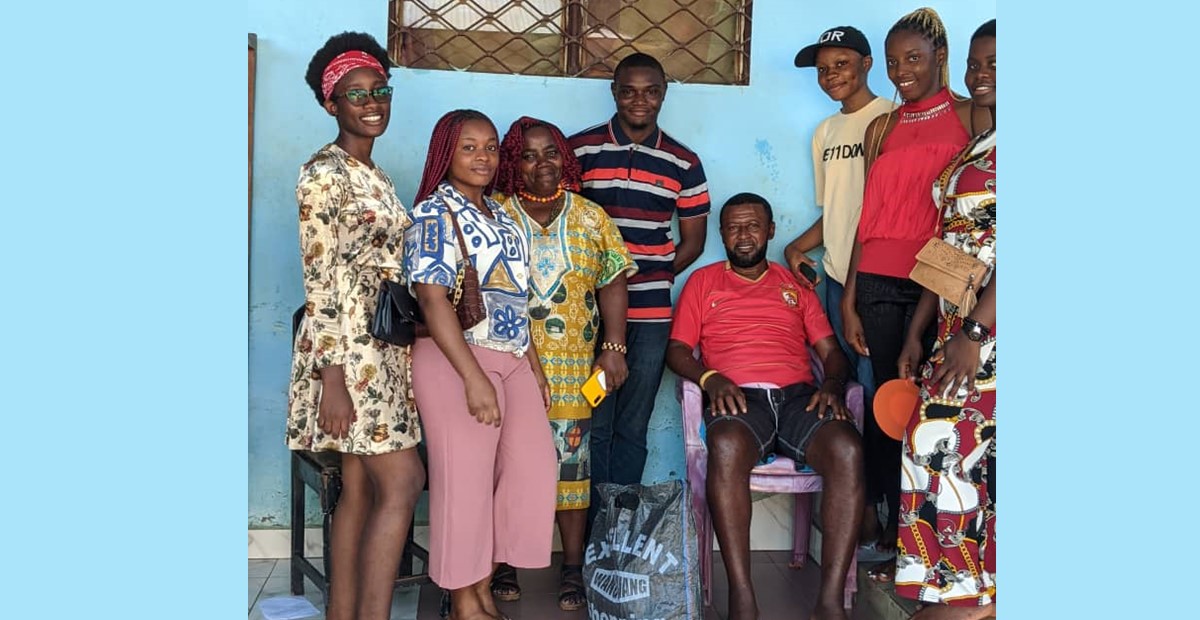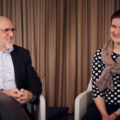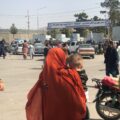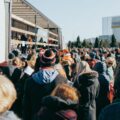
Workshop
Cameroon: sharing with displaced people
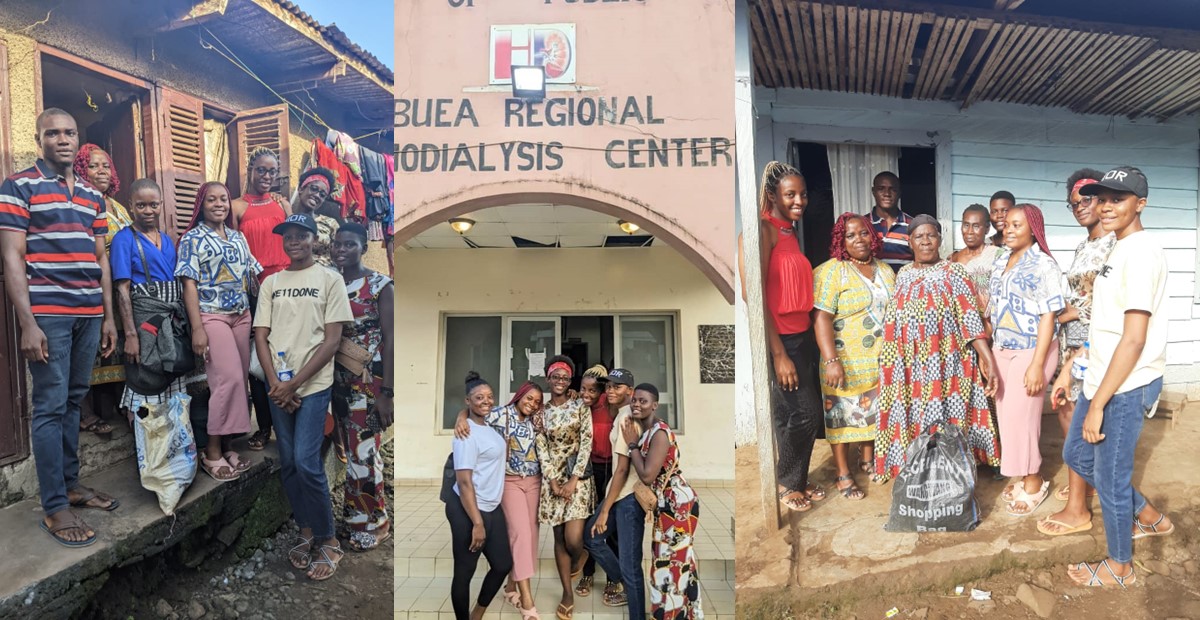
By Nkemajen Regina Mangoh
Since 2016, Cameroon has been facing a sociopolitical crisis in the English-speaking part of the country. One of the consequences of this crisis has been the forced displacement of hundreds of thousands of Cameroonians from their homes. After the United World Week, the youth of the Focolare Movement decided to promote a collection of goods to help them.
According to data from the Internal Displacement Monitoring Centre (IDMC), Cameroon hosts the second largest population of IDPs in Central Africa after the Democratic Republic of the Congo. At the end of 2022, the total number of IDPs caused by conflicts and violence was 987,000. About 60 percent of the forced relocations took place in the northwest and southwest regions where, in late 2016, protests over grievances by the country’s English-speaking minority degenerated into violence between non-state armed groups (NSAGs) and the Cameroonian army. The country’s crisis is often described as one of the most neglected in the world.
Most of these people lost their sources of income and their homes, and sought shelter in other parts of the country. Families of more than 10 people live in two-room apartments, leading a hand-to-mouth existence, without a fixed source of income for their sustenance. Some are unable to provide for their basic needs such as food, health and the basic hygienic conditions.
After the United World Week, the young people of the Focolare Movement Buea (Southwest Region of Cameroon) decided to promote a collection of goods and resources intended to help internally displaced people who have taken refuge in Buea and the poor in their community. What was collected was then distributed by the youth to the reported families.
The first person they visited was a man who had lost an arm while fleeing. Living with this disability has been so challenging for him as he could no longer do the things he used to do. “We gave him words of encouragement, sang beautiful songs, prayed for him and gave him a bag with some food. He said that our visit gave him hope, joy and assurance. He felt the love of God through us”, says Regina, a young activist in this visit. The next visit was to a long-sick family man. Benabel relates: “He can barely move except with support. Upon arrival we introduced ourselves and explained the reason for our visit. We prayed for his recovery, sang and handed him a bag of food. He was overwhelmed with gratitude and joy! He also encouraged us to never stop loving, because “nothing is too small to be given or shared with those in need.” He also asked God to continue to bless us”.
Carine, one of the participants in the initiative, says, “The next visit was a lesson for all of us. We visited an elderly father who has been bedridden for many years. We were accompanied by his daughter who takes care of him. The room was congested and stuffy, and it was difficult to get in. But love overcomes everything! So, we sang songs for him and concluded with a word of prayer. At the end a beautiful smile lit up his face! He thanked us and said he will tell God about us when he dies”.
As a last stop, the young people reached the hemodialysis center of Buea Regonal Hospital. There, after praying and giving courage to these patients, they donated a sum of money for those on dialysis.
“Their stories were full of pain but their smiles were a sign of hope reborn. For me it was encouraging and I learned a lot. I also realized that you don’t have to have much to help someone and that the little I have to offer can change someone’s life. It was a great experience and I look forward to participating in more activities like this,” said Nadia, one of the activists.
Marita adds: “After this experience, I really think that no gift is too small if it is given out of love for the other person…. Love is all we need; it can make the world go round. So, let’s give it a chance”.
